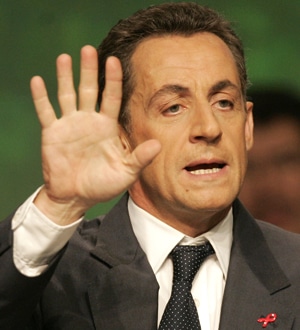
German magazine publishers aim to lobby the G8 nations to defend them against Apple’s subscription policy, while an editors group has spun off in to a new body aimed at fighting their corner.
Germany’s FAEP and VDZ periodical associations have penned their so-called “Berlin Declaration“, in which they say they are “at risk from both onerous business conditions and legislative threats”, “are faced with technological giants that may want to control the various dimensions of content distribution” and could lose “core competencies such as price setting, as well as their valued, direct relationships with readers (notably via subscription management).”
They also grumble about “the ongoing problem that advertising revenue vital for online editions still only accounts for a mere fraction of the revenue generated by advertising in print publications, as prices are much lower”, which “is clearly not a sustainable solution as the consumer shift towards digital continues unabated”.
They have penned “five key conditions for success” which they want the G8 to acknowledge, in its upcoming May meeting…
1. Maintenance of existing press freedoms is the minimum prerequisite for any reasonable media policy.
2. Freedom to experiment and manage innovative business models.
3. Strong copyright protection is essential for a vibrant press.
4. Reduced VAT rates for digital as well as printed press.
5. Fair competition and transparency in the digital world
This all sounds remarkably similar to the four key concerns voiced by members of the European chapter of the International Newspaper Marketing Association last month, following a summit convened to discuss subscription announcements by Apple (NSDQ: AAPL) and Google.
Ahead of the upcoming G8 summit in Paris in May, president Sarkozy has convened a prior summit of online giants to debate digital issues. A delegation will then present a summary of the talking points to G8 leaders (see here). FAEP and VDZ are seeking online signatories.
Meanwhile, a majority of board members who attended the latest meeting of the World Editors Forum (WEF), an association comprising global newspaper editors, has split off to form a similar body, the Global Editors Network (GEN), with seemingly a more positive outlook than the Germans…
Its manifesto states: “We will stop acting like victims of disruptive technologies or lack of citizenship. We are optimistic about the new digital tools and the new channels of distribution offered to us as news producers.”
Former WEF president Xavier Vidal-Folch of El Pais and vice-president Harald Stanghelle of Aftenposten will have the same role at GEN. WEF has been allied with the World Association of Newspapers. WEF director Bertrand Pecquerie is leaving WEF.